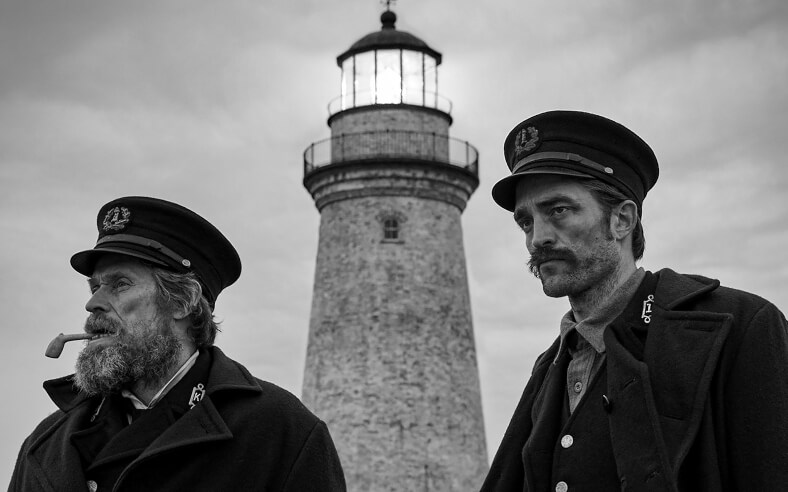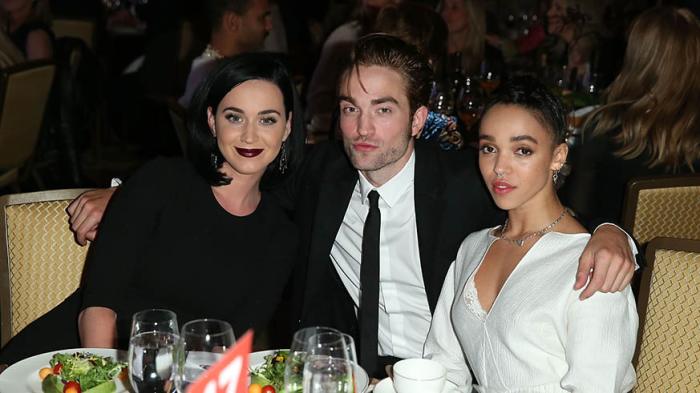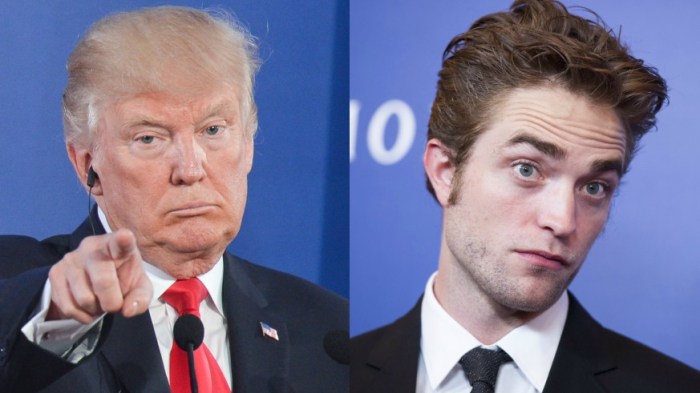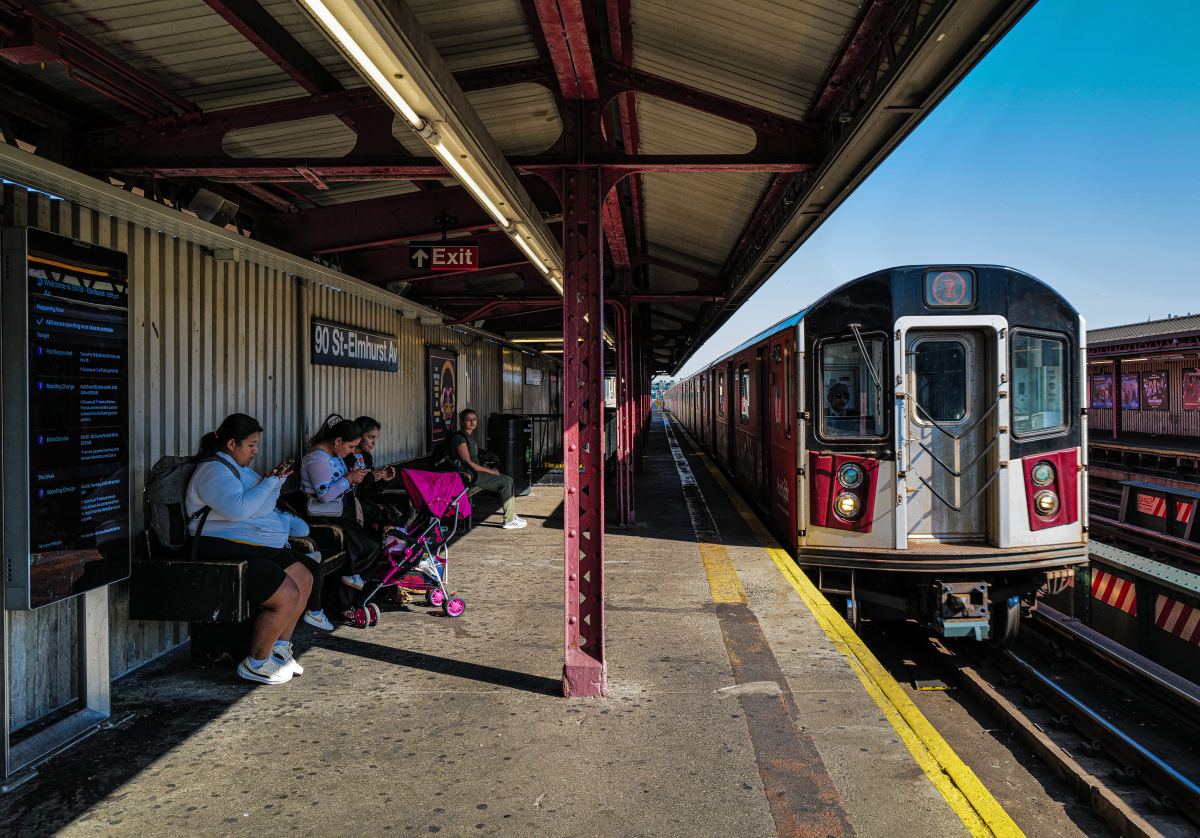There’s a moment early in “The Lighthouse” when you realize there’s actually going to be dialogue and feel a sense of relief. It’s not as if would be a bad thing if it was made as a near-silent film. It’s that the range of potential artistic decisions are so wide, that a film without dialogue would be plausible. It’s that the amount of dread this would contribute, stacked against the dread from the premise and the vibe, would be too weighty. Within “The Lighthouse” there is a sense that older things carry more weight time and tradition carries an immense burden. This dread, this feeling of humans being owned and defined by our near and distant pasts figured heavily into Robert Eggers’ first film, “The Witch”.
On the sophist’s surface, there’s an observable level of pretension. It’s black and white. A tremendous amount of thought and research has been put into the details. Thankfully this feeling comes across naturally. Everything feels organically “old-world”. Nothing feels put upon or forced – every detail is deliberate. “It’s incredibly satisfying to do a tremendous amount of research and to get lost in these worlds,” Eggers said, “and to create a world physically or recreate my own interpretation.”
“The Lighthouse” uses this ornamentation for atmosphere. Once the stage is set – and it is a very unruly, vile and vulnerable stage – we’re quickly on little island far off the coast.
“The Lighthouse” is centered by the experiences and perspectives of its two leads. The plot is easy enough to summate. In 1890’s New England, two men (the equally marvelous Robert Pattinson and Willem Dafoe) are assigned to work for six weeks on a remote lighthouse. They gradually begin to lose their footing with each other and with their grip on reality.
There are two sets of tasks at hand for the men. One is physically taxing, mundane and for the most part humiliating – at one point a character equivocates the work to slavery. The other set of tasks is one of privilege and unusual hours: the actual work of operating the lighthouse. They are supposed to alternate tasks on a daily basis. However, the senior man (Dafoe), who’s experienced working in lighthouses dictates to the younger man (Pattinson) that they will not be exchanging tasks and under no circumstances can he operate or see the lighthouse. There is no one for the younger man to complain to. He’s stuck with the older man.
The sequences are commanding enough that they don’t need to pretend to seek resolution or 100% plot coherence – they are part of one thematic whole, a brutal, turbulent, old-world New England whole. In lesser hands than Pattinson and Dafoe, the roles would be overplayed and the whole thing would be silly. The whole story is grounded by the unique voice of Eggers, who broke through in cinema by working on gritty sets over the years until he got his chance to tell his own stories. This film couldn’t be made by someone with a silver spoon or from a place of privilege: the best elements of “The Lighthouse” stem from hard work and passion.
“I know that the fortune I have is precarious,” Eggers said, “and there’s a lot of hard work that goes into my life every day, but I also know that part of it is luck. Being said no to so many times in my life and being laughed at and told I’d never make it so many times, that you use some humility, but the hunger and the drive to create is so powerful that it gives me the confidence to keep going.”
We don’t know either of their names or identities until nearly midway, but at that point, you’re not sure how long you’ve been watching them on this island to begin with, and you quickly realize that it doesn’t matter –the nature of a name or a backstory could be entirely feigned by either man. A name is as good as a sticker on a shirt, that could be removed or replaced.
As the story progresses and their moral compasses degrade or are reset, and as their backstories change or their identities shift, it becomes clearer that we are not defined by who we say we are or where we come from, but we’re defined strictly by our actions and decisions. Their language becomes guttural. Their desires become base. They are continuously disgusted and enamored with one another – they entirely need each other for the second half of the film, but absolutely cannot stand being in the same room with one another without the aid of alcohol or any substance they can glean to tolerate their isolation and the discontiguous daily life.
“The Lighthouse” is cinema at its most vital. It’s funny and absolutely tense all the way through. Its characters are wholly familiar and at the same time absolute strangers. It has profound moments of human relation and has bawdy (completely memorable and quotable) sophomoric diatribes. It dances between human transcendence and mundane, brutal reality. “The Lighthouse” is the kind of film that can only be totally experienced.























